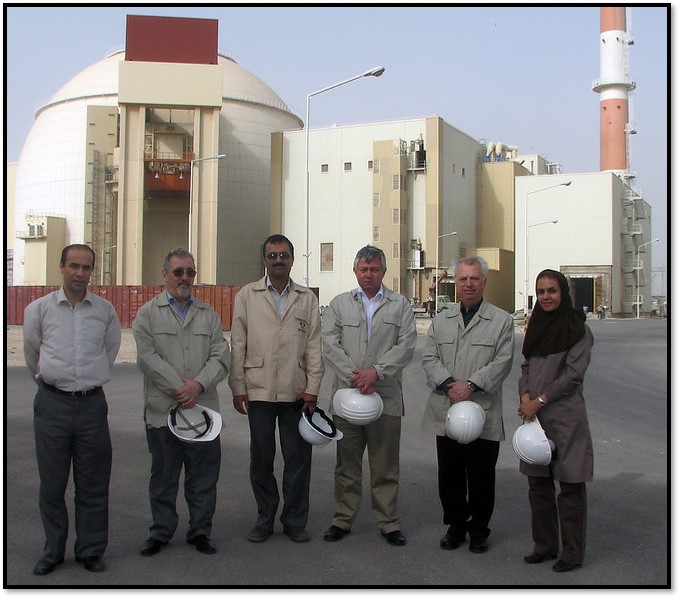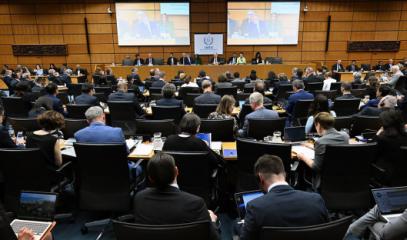IAEA calls out Iran for being uncooperative on its nuclear programme
The Board of Governors approved a resolution formally calling Tehran to order, backed by 20 countries out of 35; Russia and China voted against, while 12 abstained. Iran's diplomatic mission to the UN said the decision was "hasty and unwise". One of the issues is the ban on inspectors from visiting certain sites.
Tehran (AsiaNews) – The International Atomic Energy Agency (IAEA) has taken a tough stance, at least formally, against Iran.
Yesterday, its Board of Governors adopted a resolution formally calling the Islamic Republic to order, following its failure to cooperate as it boosted its nuclear programme.
The resolution, presented by the United Kingdom, France, and Germany, was approved by 20 countries on the board, diplomatic sources report.
Initially, the United States wanted to abstain for fear of further escalation in a Middle East already ablaze; Russia and China voted against, while 12 other abstained.
“The decision of the Western countries was hasty and unwise, and it will undoubtedly have a detrimental impact on the process of diplomatic engagement and constructive cooperation (between Iran and the opposing parties),” state TV said, citing Iran's mission to the UN.
The IAEA used unusually harsh tones vis-à-vis Iran, calling on Iranian authorities to lift the ban on some inspectors from nuclear sites. Concerns remain high that Iran might build its own atomic bomb.
The resolution follows a precedent 18 months ago, when the IAEA ordered Iran to comply with a years-long investigation by the agency into traces of uranium found at undeclared sites.
While the number of sites has dropped from three to two, Iran has never provided satisfactory answers, keeping things under wrap, thus raising questions about the real purpose of its nuclear programme, which it claims to be for civilian, not military use.
Since the last resolution, the list of problems and critical issues facing the IAEA in Iran has grown, hence the call to provide satisfactory answers to the many unresolved issues.
In September, Iran banned many of the IAEA's top experts on enrichment, a measure that the agency's director general Rafael Grossi branded as "disproportionate and unprecedented”. The Iranian decision, he added, represents a "very serious blow" to the agency’s ability to do its job.
Last month, Grossi met with Iranian officials, hoping to break the deadlock on the particle probe and the inspectors, but also to expand monitoring to parts of Iran's nuclear programme covered under the 2015 deal with major powers. No significant progress has been made so far.
In recent years, Tehran has progressively violated the terms of the nuclear deal. The first steps date back to 2019, in response to then-President Donald Trump's withdrawal from the JCPOA in May 2018 and the reintroduction of the harshest sanctions in history, which led to a collapse of the Iranian economy.
A temporary agreement expired on 24 June 2021. Since then, various parties have been working on a new deal, without much success, while Trump’s successor, President Joe Biden has maintained the sanctions.
Many unresolved questions remain, including Iran’s inability or unwillingness to explain the traces of uranium in three undeclared sites. Little progress has been made under ultraconservative President Ebrahim Raisi, who died on 19 May.








.png)










